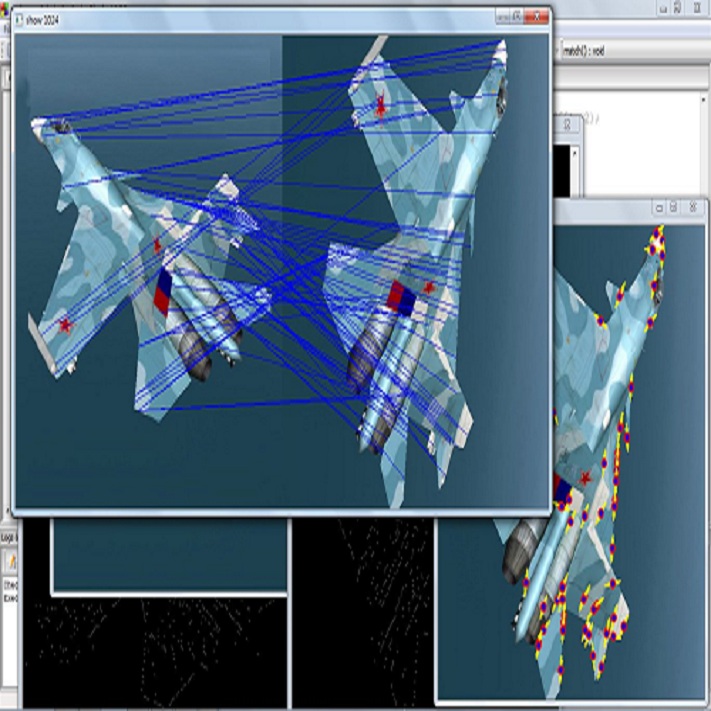We present Free Point Transformer (FPT) - a deep neural network architecture for non-rigid point-set registration. Consisting of two modules, a global feature extraction module and a point transformation module, FPT does not assume explicit constraints based on point vicinity, thereby overcoming a common requirement of previous learning-based point-set registration methods. FPT is designed to accept unordered and unstructured point-sets with a variable number of points and uses a "model-free" approach without heuristic constraints. Training FPT is flexible and involves minimizing an intuitive unsupervised loss function, but supervised, semi-supervised, and partially- or weakly-supervised training are also supported. This flexibility makes FPT amenable to multimodal image registration problems where the ground-truth deformations are difficult or impossible to measure. In this paper, we demonstrate the application of FPT to non-rigid registration of prostate magnetic resonance (MR) imaging and sparsely-sampled transrectal ultrasound (TRUS) images. The registration errors were 4.71 mm and 4.81 mm for complete TRUS imaging and sparsely-sampled TRUS imaging, respectively. The results indicate superior accuracy to the alternative rigid and non-rigid registration algorithms tested and substantially lower computation time. The rapid inference possible with FPT makes it particularly suitable for applications where real-time registration is beneficial.
翻译:我们提出自由点变换器(FPT),这是一个用于非硬点定式注册的深层神经网络结构结构,由两个模块组成,一个全球特征提取模块和一个点变换模块,FPT没有在点附近采取明确的限制,从而克服以前基于学习的点定式注册方法的共同要求。FPT旨在接受非有序和无结构的点设置,其点数各异,采用“无模版”方法,而没有超音速限制。培训FPT是灵活的,涉及最大限度地减少一个直观的、不受监督的损失功能,但也有监督的、半监督的和部分或微弱的监管培训。这种灵活性使得FPT适应于基于点点点点的注册问题,从而克服了以前基于学习的点定式登记方法的共同要求,从而克服了以前基于点定式的点定式登记方法;在本文中,我们展示FPT应用FPT用于不固定的磁共振动成像(MR)成像(M)非硬性注册,且不易读的跨超声成像(TRUS)图像(TRUS),登记错误在4.71毫米和4.81毫米的快速注册中,其升级的升级后,其注册结果为不甚低的升级。




